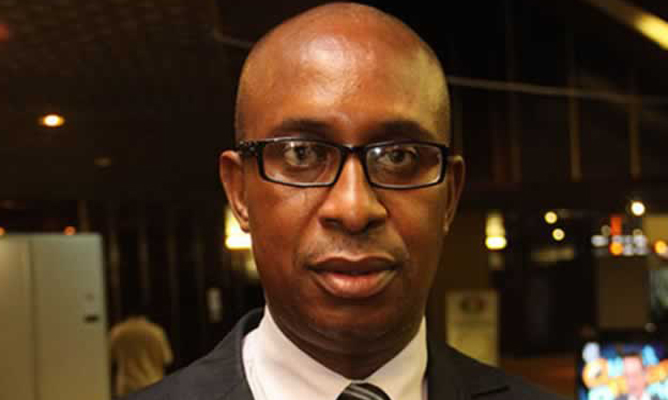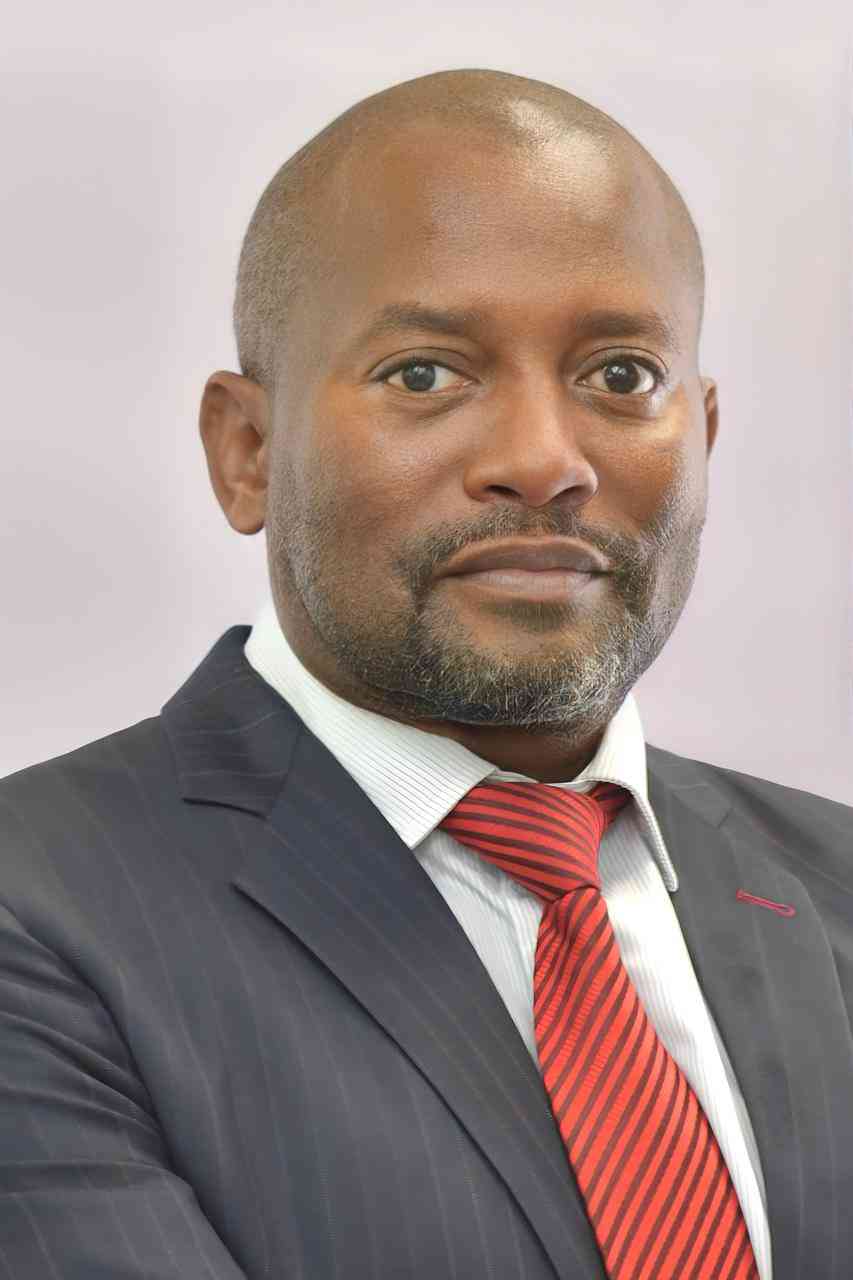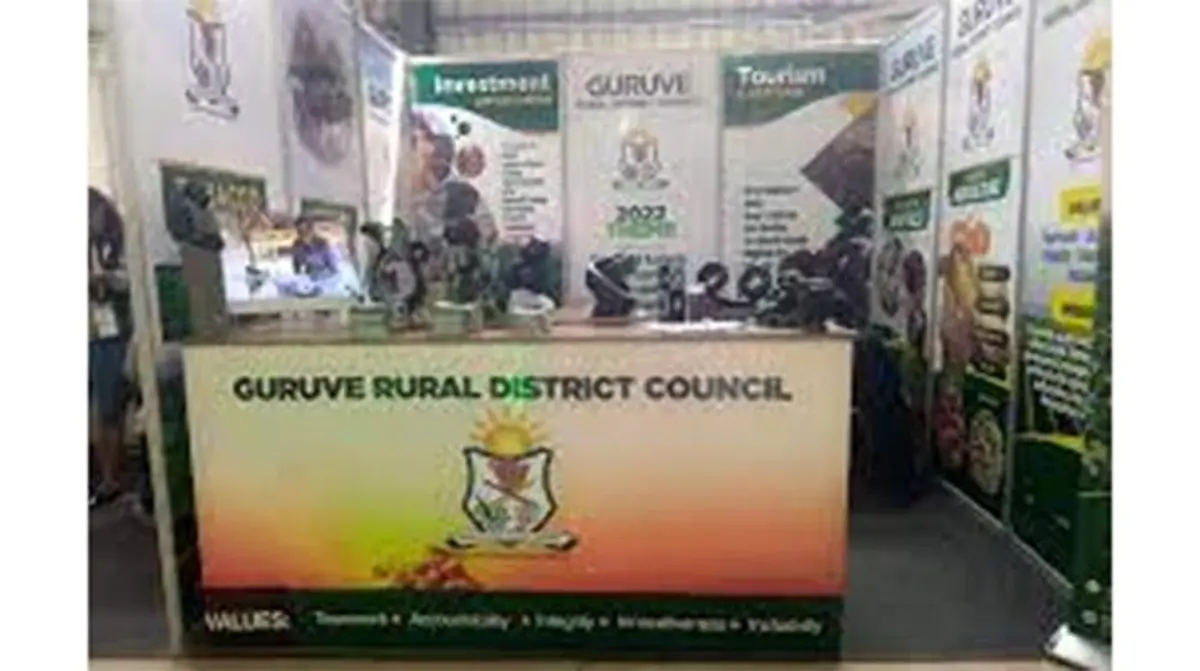
THE MDC-T has embarked on a ward-based campaign strategy, targeting traditional leaders accused of being aligned to the ruling Zanu PF in rural areas.
BY NQOBANI NDLOVU

Under the campaign, the MDC-T has dispatched teams across the country led by senior leaders to meet traditional leaders such as chiefs, kraal-heads and headmen, as “they are an important constituency in the country’s politics”.
MDC-T spokesperson, Obert Gutu confirmed the development in an interview yesterday.
“The MDC has rolled out a ward-based campaign strategy in which all members of the party structures, including senior leaders, are embarking on a retail politics style of campaign, in which we are meeting with opinion leaders and ordinary people at grassroots level, explaining to them our party policies and programmes,” he said.
“Of course, traditional leaders are key opinion leaders in rural areas and naturally, we continue to interface with them.”
Recently, Zanu PF Makonde legislator, Kindness Paradza claimed that traditional leaders were office bearers of the ruling party, adding they influenced their subjects to vote for it during elections.
The opposition in turn has accused some traditional leaders of being used as “Zanu PF political commissars” to commandeer rural citizens into voting the ruling party through coersion.
- Chamisa under fire over US$120K donation
- Mavhunga puts DeMbare into Chibuku quarterfinals
- Pension funds bet on Cabora Bassa oilfields
- Councils defy govt fire tender directive
Keep Reading
Paradza’s comments were in contravention of the Constitution, which states that traditional leaders should be apolitical.
Gutu said he would not disclose details of their meetings with traditional leaders for fear that Zanu PF would victimise them.
“We are a grassroots-based political party that deliberately focuses on retail politics as opposed to wholesale politics of only holding rallies and public meetings,” he said.
“For strategic reasons, we will not furnish the media with any further details of our interface with traditional leaders because we don’t want these individuals to be victimised by the Zanu PF regime.
“Suffice to state that our meetings with traditional leaders have so far been a resounding success. The majority of the people, who live in rural areas, are simply fed up with Zanu PF.
“They want a more caring and democratic government that will genuinely look into their developmental needs and requirements.”











